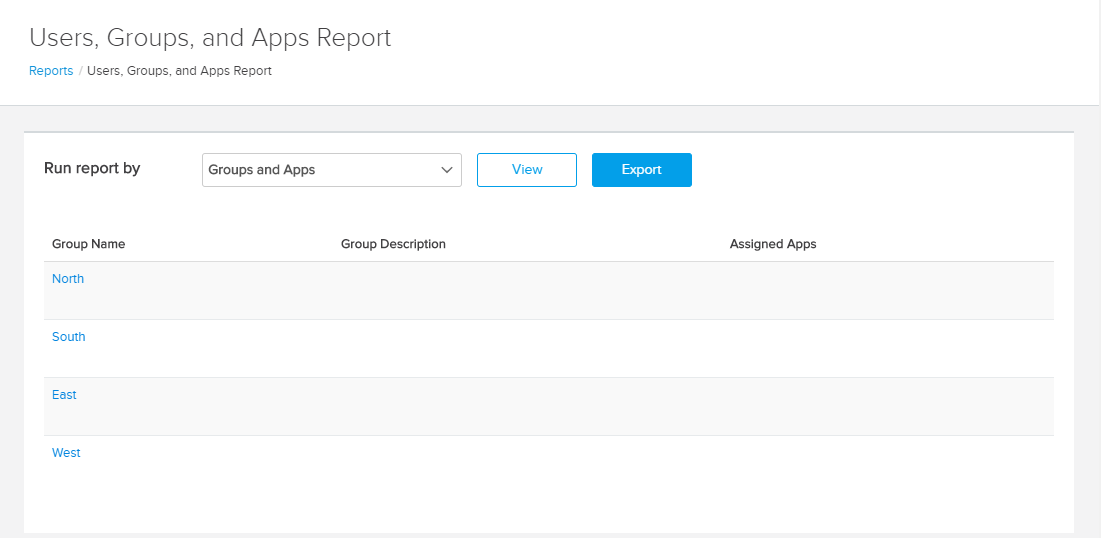


Early-planted maximum-input production practices with irrigation resulted in the highest percentage of mid-season TSW and late-season total disease incidences while also producing the highest pod yields and dollar values. One early-planted trial involved maximum-input practices of recommended pesticides with irrigation, and the other early-planted field trial did not receive any fungicides, insecticides, or irrigation. Two early-planted (April) field tests were conducted at Tifton and Plains each year.

Four different input production practices were compared across three Georgia locations (Tifton, Plains, and Midville). During 2017-19, 30 replicated yield trials were conducted to determine relative tomato spotted wilt (TSW) incidence and general field performance among 19 runner and virginia market type peanut ( Arachis hypogaea L.) cultivars.


 0 kommentar(er)
0 kommentar(er)
